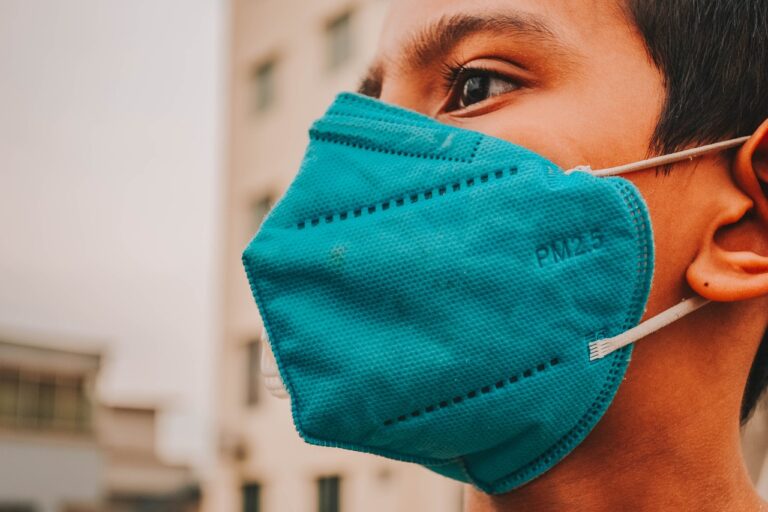Hormonal Changes During Puberty: Navigating Body Changes: Betbhai.com, Cricbet99, Diamond exchange 9
betbhai.com, cricbet99, diamond exchange 9: Puberty is a period of significant change and growth for young people as they transition from childhood to adolescence. One of the most noticeable aspects of puberty is the physical changes that occur due to hormonal fluctuations in the body. These changes can be both exciting and confusing for teenagers, as they navigate their way through this transformative stage of life.
Hormones are chemical messengers that play a crucial role in regulating various bodily functions, including growth, development, and reproduction. During puberty, the body undergoes a surge of hormonal activity, which leads to a variety of changes in both boys and girls.
For boys, the most prominent hormone involved in puberty is testosterone. This hormone is responsible for the development of male secondary sexual characteristics, such as facial hair, deepening of the voice, and increased muscle mass. Testosterone also plays a role in the growth and development of the male reproductive system.
Girls, on the other hand, experience an increase in estrogen during puberty. Estrogen is responsible for the development of female secondary sexual characteristics, such as breast growth, widening of the hips, and the onset of menstruation. Estrogen also plays a key role in the regulation of the menstrual cycle and the development of the female reproductive system.
As these hormonal changes take place, teenagers may experience a range of physical and emotional symptoms. Common physical changes during puberty include growth spurts, acne, body odor, and changes in body shape. Emotionally, teenagers may experience mood swings, irritability, and heightened emotions as they navigate the ups and downs of adolescence.
Navigating these body changes can be challenging for teenagers, but there are ways to help manage the physical and emotional effects of puberty. Encouraging open communication with parents or trusted adults can provide teenagers with the support and guidance they need during this time of transition.
Regular exercise and a healthy diet can also help teenagers manage their physical changes and maintain overall well-being. Getting an adequate amount of sleep is essential for teenagers, as sleep plays a crucial role in growth and development during puberty.
It’s important for teenagers to understand that everyone experiences puberty differently and at their own pace. Comparing oneself to others can lead to feelings of insecurity and self-doubt. Encouraging teenagers to embrace their individuality and uniqueness can help them navigate puberty with confidence and self-assurance.
Ultimately, puberty is a natural and necessary phase of life that marks the transition from childhood to adulthood. By understanding and embracing the hormonal changes that occur during this time, teenagers can navigate their body changes with greater ease and confidence.
FAQs
Q: What are the signs that puberty has started?
A: Signs of puberty in boys may include growth of facial and body hair, deepening of the voice, and increased muscle mass. In girls, signs of puberty may include breast development, widening of the hips, and the onset of menstruation.
Q: How long does puberty last?
A: Puberty typically lasts for about 2 to 5 years, but the timing and duration of puberty can vary from person to person.
Q: What can parents do to support their teenagers during puberty?
A: Parents can support their teenagers during puberty by providing a listening ear, offering guidance and support, and encouraging open communication. It’s also important for parents to educate themselves about the physical and emotional changes that teenagers may experience during this time.
Q: Is it normal to feel self-conscious during puberty?
A: Feeling self-conscious during puberty is completely normal. Teenagers may feel insecure about their changing bodies and may compare themselves to others. Encouraging self-acceptance and positive self-image can help teenagers navigate this challenging time with confidence.







